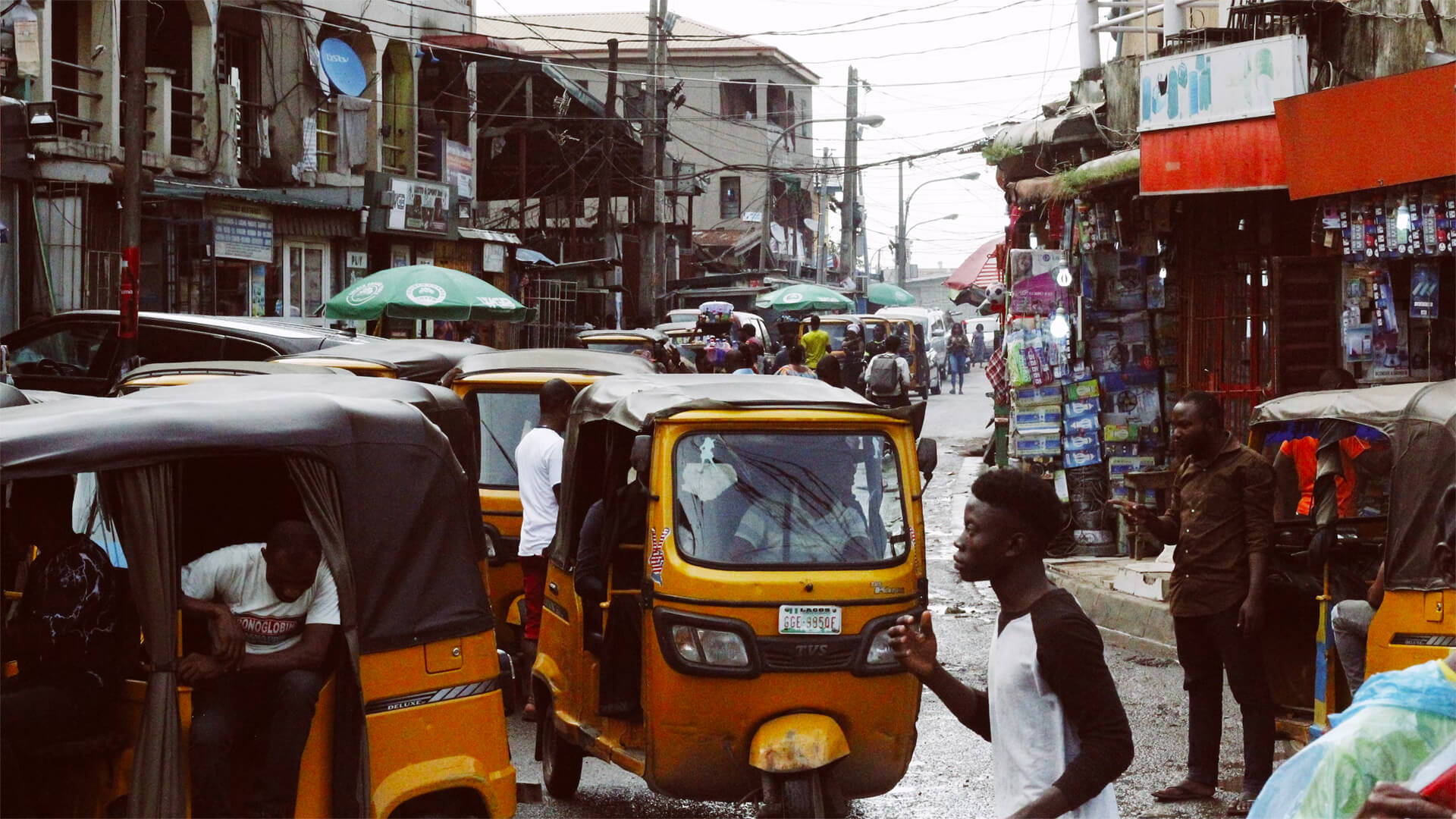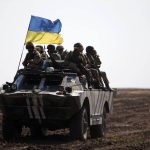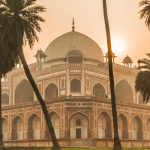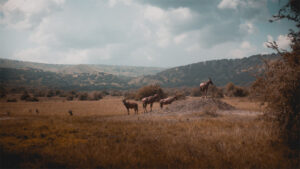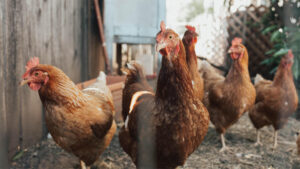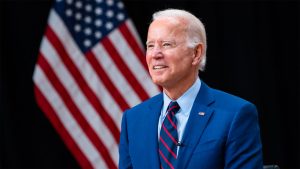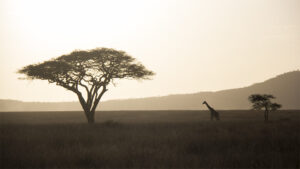Nigerians will head to the polls Saturday, February 25 in what could prove to be one of the largest upset victories in Africa’s largest democracy and, historically, its largest oil producer. The elections are coming at a critical time for Nigeria: 2022 saw oil production drop to 32-year lows, national debt levels rise, and a resurgence in jihadist and communal violence.
Nigeria is an ethnically, linguistically, and religiously diverse nation. Africa’s most populous country can roughly be divided into north and south. Northern Nigeria is predominantly Muslim and home to the Hausa-Fulani ethnic groups—Nigeria’s largest ethnic group. SW Nigeria is home to the Yoruba, mixed Muslim and Christian community. SE Nigeria is home to the predominantly Christian Igbo, and then the rest of the Delta, especially the coast, is home to the Ijaw people (and most of the nation’s oil and gas reserves). For much of Nigeria’s post-junta history, there has been an unofficial power-sharing pact between the country’s northern and southern—primarily Yoruba—leaders.
Nigeria’s military junta formally stepped down in 1999. Between 1999 and 2015, the center-left (economically) but socially conservative People’s Democratic Party held the presidency. The PDP is the primary architect between the unofficial rule of having Northern and Southern states alternate in naming a presidential candidate, who would serve two 4-year terms. The first challenge to this power-sharing agreement came in 2010, when former president Umaru Yar’Adua died in office during his first term. Rather than having another northern candidate succeed him, southerner Goodluck Jonathan (Yar’Adua’s VP) ran successfully for office in 2011.
Goodluck Jonathan lost his presidential bid in 2015, the first Nigerian incumbent since 1999 ever to do so. He was defeated by former military dictator and member of the newly formed All Progressives Congress, Muhammadu Buhari. Buhari is barred from seeking a third consecutive term.
Whatever the results of Saturday’s election, this has already proven to be a historic, and disruptive, election season for Nigeria. The frontrunner in most polls for months has been the (relatively) young, charismatic Igbo former governor of southern Anambra State, running as part of the social democratic Labour Party. Obi, who at 61 is the youngest among the four major party candidates, was formerly a member of the long-ruling People’s Democratic Party. He is also the only current front-runner to have been born after Nigeria’s independence from the United Kingdom. This is also the first election in which no major candidate is a former general—a key distinction for a country with a former long-ruling military junta. Obi’s third-party candidacy has been propelled by a surge in enthusiasm among young and disenfranchised voters and a sleek, savvy social media campaign.
There’s still a question of how accurate polling will be, given the generational divide in supporters for the various candidates, as well as Obi and the Labour Party’s lack of the entrenched political patronage systems used by the PDP and incumbent All Progressives Congress. But one thing is certain: Nigeria’s voters, especially its youth, are increasingly frustrated with an established political class that is floundering in the face of a crumbling economy, deteriorating security environment, and lackluster government services. Much of this came to a head in 2022, as historic flooding displaced nearly 1.4 million Nigerians and the economy experienced several cash shortages amidst a botched rollout of monetary reforms.
No matter who wins the first round of elections tomorrow, they face a staggering to-do list. Nigeria is a country whose economy and national security have been held together for decades with a particularly addictive, if not entirely effective, type of bandage: petrodollars. Buoyed by many years of strong oil production and revenues, the PDP used state oil revenues to build large patronage networks and pad the pockets of many a politician—something even government officials are now quick to mention in the face of Obi’s popularity.
But unofficially, leaders have claimed that the endemic corruption that has hounded Nigerian governance and beleaguered its economy is a necessary part of distributing oil revenues to various community groups and leaders to keep a fragile peace. The bulk of Nigeria’s oil resources is in the country’s southern coastal regions, far from the Sahelian landscapes of the Hausa-Fulani or even Lagos and the primarily Yoruba regions of the southwest. If only. With endemic corruption and poor infrastructure development and strong inter-communal competition, unfortunately comes violence and organized crime.
Oil bunkering under the Buhari administration reached such a fever pitch that foreign majors finally more-or-less called it quits in regard to on-shore oil production. A system addicted to using cash to plug gaps and pad pockets cannot pivot easily, and so Nigeria has increasingly turned toward borrowing to finance various government schemes and initiatives. And so, despite being one of the most resource-rich countries in Africa, Nigeria is facing both increasing costs to finance its debt and declining revenues. Nigeria’s rising debt stock is becoming increasingly problematic in the face of dwindling revenue and the unsustainable burden of subsidy payments. A handful of international organizations have condemned the country’s appetite for borrowing, with the IMF saying, “the Nigerian government may spend nearly 100 percent of its revenue on debt servicing by 2026”. Between 1999 and 2021, local and external federal government borrowings jumped from N3.55 trillion to N26.91 trillion, an increase of 658 percent. The Buhari administration has overseen a 290% rise in foreign debt alone).
Similarly, the entrenched Islamist threat in Northern Nigeria shows little sign of stopping, especially given the arc of instability and mutable borders in the countries lining Nigeria’s Sahelian northern border: Niger, Chad and arguably Burkina Faso and Mali. And still, no real plan or capability to manage the organized criminal elements in its southern delta states stymying the very real (and very expensive) investment needs its ailing onshore fields, pipelines and refineries need to maintain, let alone boost, production.
And then there’s perhaps the largest challenge facing a potential President Obi or any of his rivals: at roughly 215 million people, Nigeria is Africa’s largest country—and growing. With a birth rate (5.3 per woman) that has barely ticked down since the 1960s, Nigeria is a very large and very young country, with entrenched ethnic, religious and geographic divisions and an ever-weakening central government.
Whoever wins Saturday’s election faces a critical and difficult to-do list ahead of them.
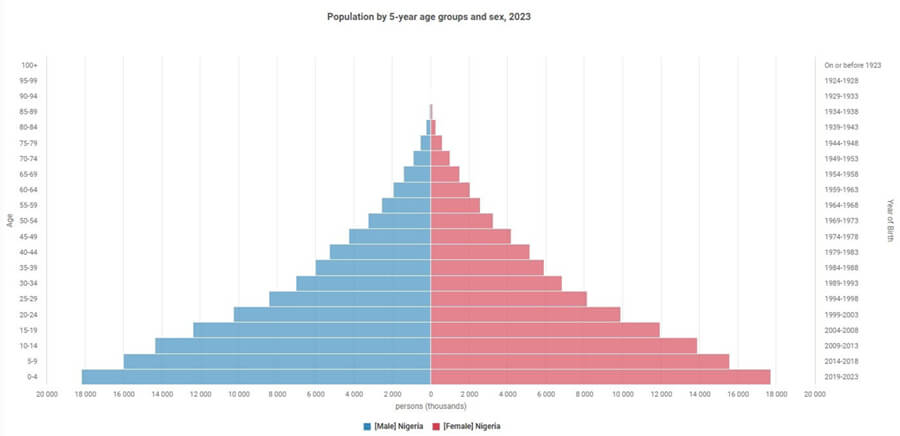
Here at Zeihan On Geopolitics we select a single charity to sponsor. We have two criteria:
First, we look across the world and use our skill sets to identify where the needs are most acute. Second, we look for an institution with preexisting networks for both materials gathering and aid distribution. That way we know every cent of our donation is not simply going directly to where help is needed most, but our donations serve as a force multiplier for a system already in existence. Then we give what we can.
Today, our chosen charity is a group called Medshare, which provides emergency medical services to communities in need, with a very heavy emphasis on locations facing acute crises. Medshare operates right in the thick of it. Until future notice, every cent we earn from every book we sell in every format through every retailer is going to Medshare’s Ukraine fund.
And then there’s you.
Our newsletters and videologues are not only free, they will always be free. We also will never share your contact information with anyone. All we ask is that if you find one of our releases in any way useful, that you make a donation to Medshare. Over one third of Ukraine’s pre-war population has either been forced from their homes, kidnapped and shipped to Russia, or is trying to survive in occupied lands. This is our way to help who we can. Please, join us.

